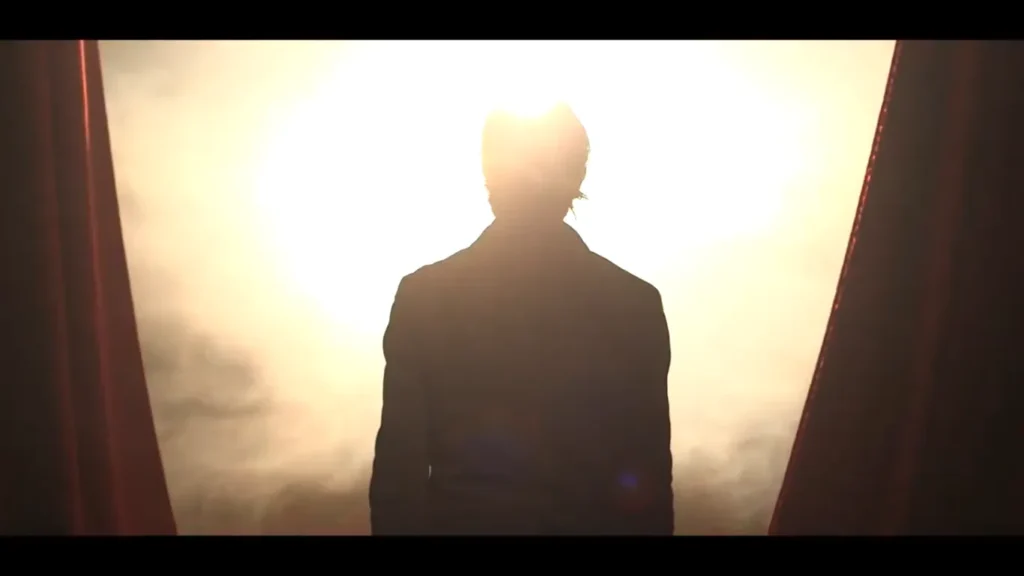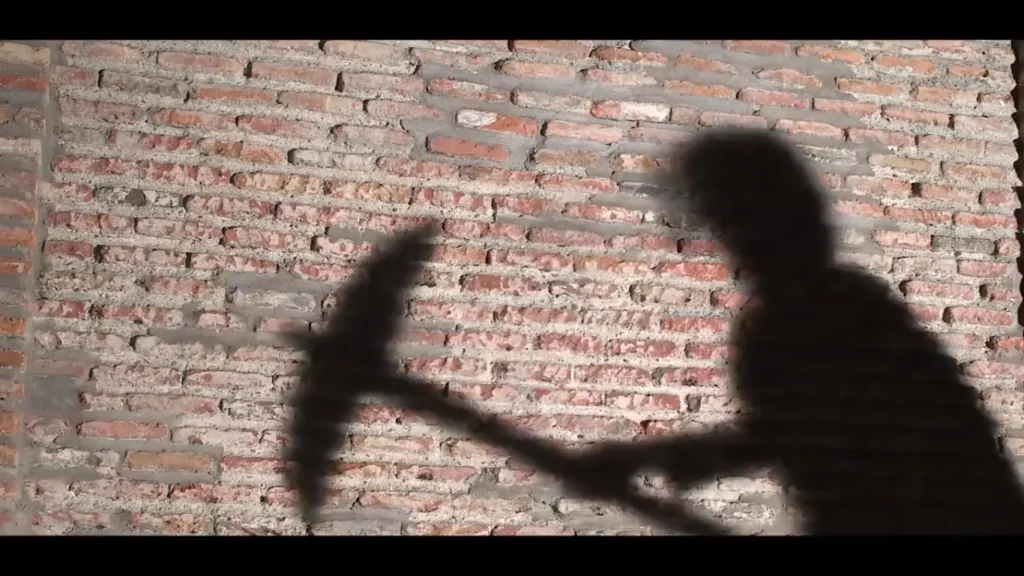Human life is full of many obstacles, hopelessness, difficulties and frequent ups and downs. Throughout our existence, each of us strives to create something worthwhile, or even to achieve success, or perhaps, just to live happily. The world is very diverse, so are people, with their individual character, individual desires and aspirations. Everyone's attitude towards goals and plans is also different. We all have a dream, but each of us looks at it differently. Some people hope to make their dreams come true, while others give up soon. This is influenced not only by circumstances, but also by the character of the person himself. People have a hard time understanding what they really want. The developed world, where there are so many possibilities at the same time, has confused society. As a rule, people study one thing and do another, and spend their whole lives striving for that one thing, but spend and devote most of their time and energy to the other. Most people give up their dreams to make more money, but there are exceptions - people who give up everything to do what makes them happy.
The main character (Beka Turmanidze) of Mindia Kandelaki's short student film, "The Artist" (2019) introduces himself to the audience with the following words: "A creative person might do what he doesn't love, in order to do just what he loves the most." At the same time as these words, the curtain in front of Beka slowly begins to be pulled aside. Along with him, the viewer is faced with a view completely shrouded in fog, beyond which nothing can be distinguished, except for the rays of the sun coming in from somewhere. These rays gradually completely illuminate the screen, which, in some way, may create an illusion of heaven for the viewer. In the direction of this misty view, Beka slowly traces the path. He is an artist, a creative person who is in love with the theater, the stage, his profession. The stage is where he feels best; a place where he will make many sacrifices because of his presence. So it makes sense why the first shot (where Beka is standing on stage) leaves the association of heaven. Standing on the stage is a real paradise for Beka - a longed-for place to which he yearns with all his heart.
The film is about nine minutes long and shows the moments of the main character's life and his busy everyday life in a documentary style. Beka's day is very busy, he has to do several jobs. Most importantly, physical work. A camera trailing behind Beka shows us each of his steps - how eagerly he digs the ground, then how he participates in the construction of the house. After he takes care of these things, he visits a secondary clothing store to buy the right clothes for the play. Each of his actions is related to the theater. After the street shots, the camera lets us look into the theater where our hero works. From afar, the camera smoothly captures Beka's natural actions, his setting up the stage, preparing in the dressing room, rehearsing for the performance. Most importantly, it is impossible not to notice Beka's personality. He gives the impression of a very calm, balanced, kind, direct and humble person (as far as the camera allows us to understand). These characteristics of his can be easily perceived through the way Beka treats and talks to the people he meets. At work, in the clothes shop and in the theater, his modest conversation will make the audience feel good about him. The environment where he lives is also interesting, because it, in turn, better represents Beka's character. He is alone at home with his dog and spends his nights playing the guitar and singing. Based on these shots, it's easy to tell that despite all the difficulties, Beka does not give in to despair. He is quite a strong person who maintains calmness and balance in life. Beka does not show any unhappiness or dissatisfaction, on the contrary, while he is doing his job, he is even grateful for life.

It should be noted that, in addition to the external observation of the film camera, the film also includes a small interview, where the main character talks to us about what the theater means to him. In terms of shooting, the film cannot be distinguished by high quality, there are often unfocused, shaky, unprocessed shots, rough transitions, although it is interesting to see the alternation of shots with different contents in several places. For example, the technique used at the end of the film is memorable, where the camera first lets us, the audience look into the theater, where the progress of the play can be seen from a static, general view, then suddenly the shot changes, we find ourselves in the street, a wall is seen on which Beka's shadow is depicted. He is holding a working tool in his hand and is hitting something with a hammer. Then we return to the theater and this is repeated three times. In this way, the emphasis is well placed on Beka’s non-homogeneous life, in which he is busy with many other activities in addition to his favorite work.
The story told in the film is not new. The fact that an actor in our country has to work as a laborer, no matter how sad it is, is not at all surprising for the Georgian society. Most of people do not live here but exist in order to make somehow both ends meet for themselves and their families. People are so busy with their work and problems that they don't have time and energy to enjoy life. This is the sad reality of Georgia, which is well reflected in this small documentary. Our artist also goes through the same difficult path as others do, he does not spare himself and works hard. It's just that there is one very big difference between him and other people - Beka works hard, but he does it all because he can finally enjoy what he loves. He seeks all efforts and ways to enjoy reality, no matter how difficult and merciless it is. In his interview, Beka says: "This is life. When this creative spirit cannot fit in and you want to create something, you have to look for a solution. The environment offers you such a situation. I will do everything to stand on the stage." And everyone should follow him. Yes, people have different priorities. Some people prefer to live in solitude, while others have families and cannot think of themselves. Beka, as seen in the film, is a lonely person, he has no one to support but himself and his four-legged friend. Therefore, it is easier for him to allow himself "some things." However, despite everything, there is no doubt that this person is an example of how we should not give up and follow our desires to the end. The film once again reminds us of our merciless reality and at the same time the fact that when a person really wants something from his heart, will do everything for it.
Elene Tsagareishvili,
Student






